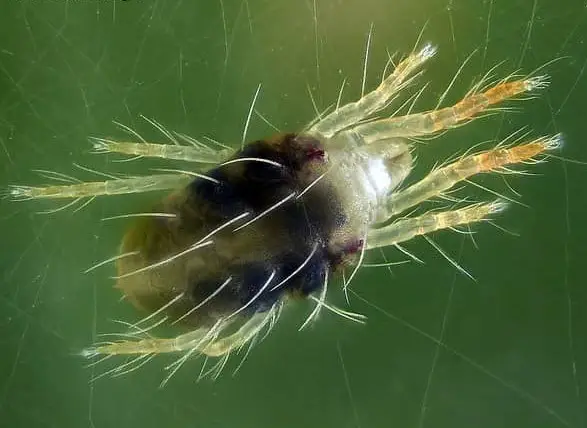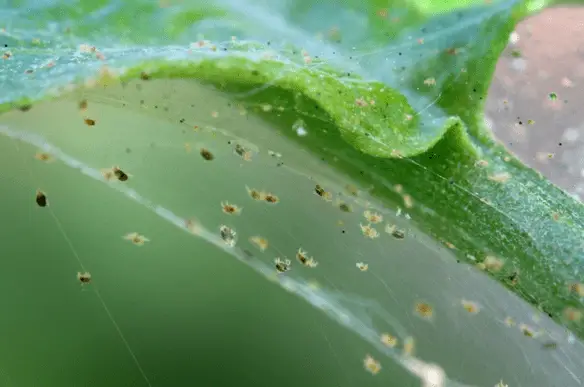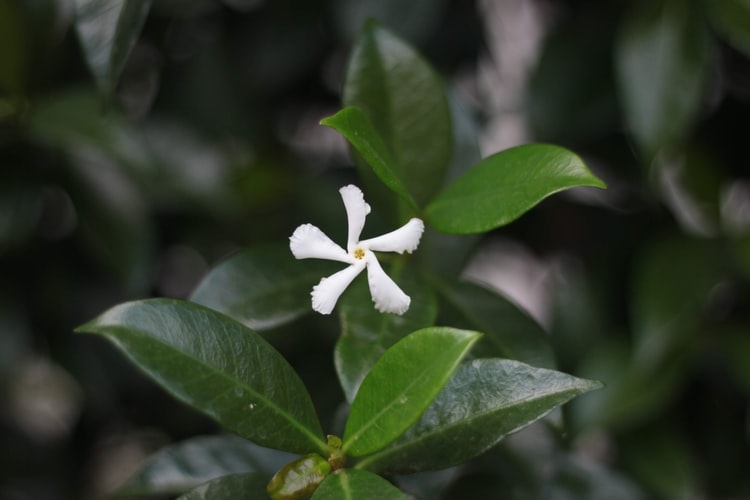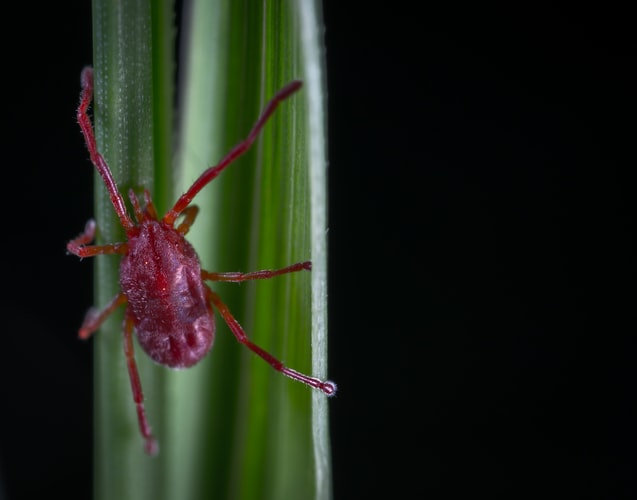Why Are Avocado Tree Stems Turning Black?
Avocado trees are known for their lush green foliage and delicious fruits. However, when the stems of an avocado tree start turning black, it can be a sign of an underlying problem. Blackened stems can indicate various issues, including fungal infections, nutrient deficiencies, or environmental stress.
Let’s explore some of the common causes and solutions for avocado tree stems turning black.
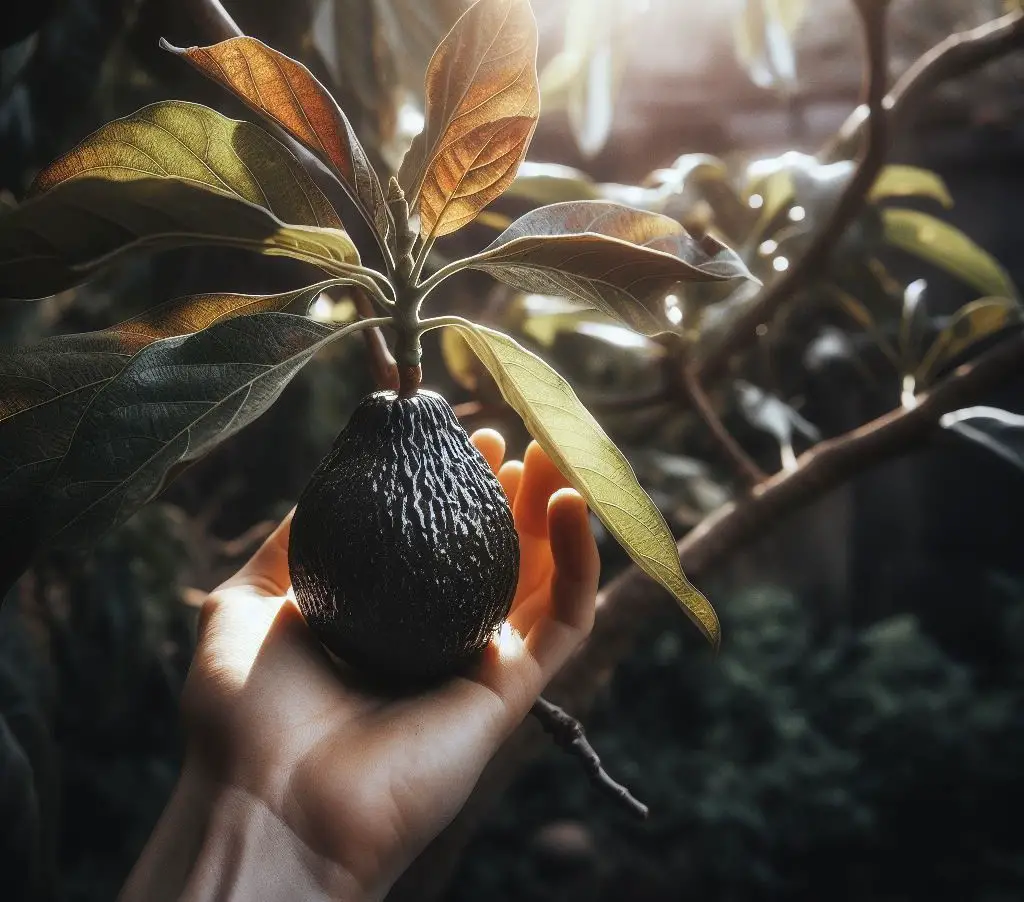
1. Fungal Infections
Fungal infections are one of the most common causes of blackened avocado tree stems. The two main fungal diseases that affect avocado trees are Phytophthora root rot and stem canker. These diseases thrive in moist conditions and can cause the stems to turn black and eventually die.
To prevent fungal infections, ensure proper drainage in the soil and avoid overwatering. Also, you would want to avoid planting avocado trees in areas prone to flooding. If your tree is already infected, try to remove and destroy the affected branches and treat the tree with a fungicide recommended for avocado trees.
You can always consult with a local nursery or extension service for specific fungicide recommendations.
2. Nutrient Deficiencies
Nutrient deficiencies can also cause avocado tree stems to turn black. One common nutrient deficiency in avocado trees is potassium deficiency. Lack of potassium can lead to blackening of the stems and leaves, as well as poor fruit development.
To address nutrient deficiencies, it is important to provide your avocado tree with a balanced fertilizer. Look for a fertilizer specifically formulated for avocado trees and follow the recommended application rates. You have to regularly monitor the nutrient levels in the soil and adjust the fertilizer application accordingly.
3. Environmental Stress
Environmental stress can also contribute to avocado tree stems turning black. Factors such as extreme temperatures, strong winds, or excessive sunlight can cause stress to the tree, leading to blackened stems.
To minimize environmental stress, provide your avocado tree with proper protection. You can plant windbreaks or provide shade during hot summer months. Mulching around the base of the tree can also help regulate soil temperature and moisture levels.
4. Pests and Diseases
Pests and diseases can weaken avocado trees and make them more susceptible to blackened stems. Insects like borers and beetles can damage the tree’s bark, leading to discoloration and blackening of the stems.
Regularly inspect your avocado tree for signs of pests and diseases. If you notice any infestations or damage, take appropriate measures to control them. Use insecticides or organic pest control methods recommended for avocado trees.
Another important point is you need to prune and remove dead or diseased branches to help prevent the spread of diseases.
5. Cultural Practices
Improper cultural practices can also contribute to avocado tree stems turning black. Over-pruning or excessive use of fertilizers can stress the tree and lead to blackening of the stems.
Follow proper pruning techniques and avoid excessive pruning. When applying fertilizers, always follow the recommended application rates and timing. Over-fertilization can cause nutrient imbalances and damage the tree.
Frequently Asked Questions (FAQs)
Q: Can overwatering cause avocado tree stems to turn black?
A: Yes, overwatering can lead to root rot and fungal infections, which can cause the stems to turn black. Ensure proper drainage and avoid overwatering to prevent this issue.
Q: How can I prevent nutrient deficiencies in my avocado tree?
A: To prevent nutrient deficiencies, provide your avocado tree with a balanced fertilizer specifically formulated for avocado trees. Regularly monitor the nutrient levels in the soil and adjust the fertilizer application accordingly.
Q: What can I do to protect my avocado tree from extreme temperatures?
A: To protect your avocado tree from extreme temperatures, consider planting windbreaks or providing shade during hot summer months. You can also consider using mulch around the base of the tree to help regulate the soil temperature.
Conclusion
Avocado tree stems turning black can be a sign of various issues, including fungal infections, nutrient deficiencies, environmental stress, pests, or improper cultural practices. By identifying the underlying cause and taking appropriate measures, you can prevent and treat this problem.
Remember to provide proper care, including well-drained soil, balanced fertilization, protection from environmental stress, and regular monitoring for pests and diseases. With the right care, your avocado tree will thrive and produce healthy fruits.
For more gardening tips, make sure to subscribe to our free weekly newsletter and follow us on our socials:

